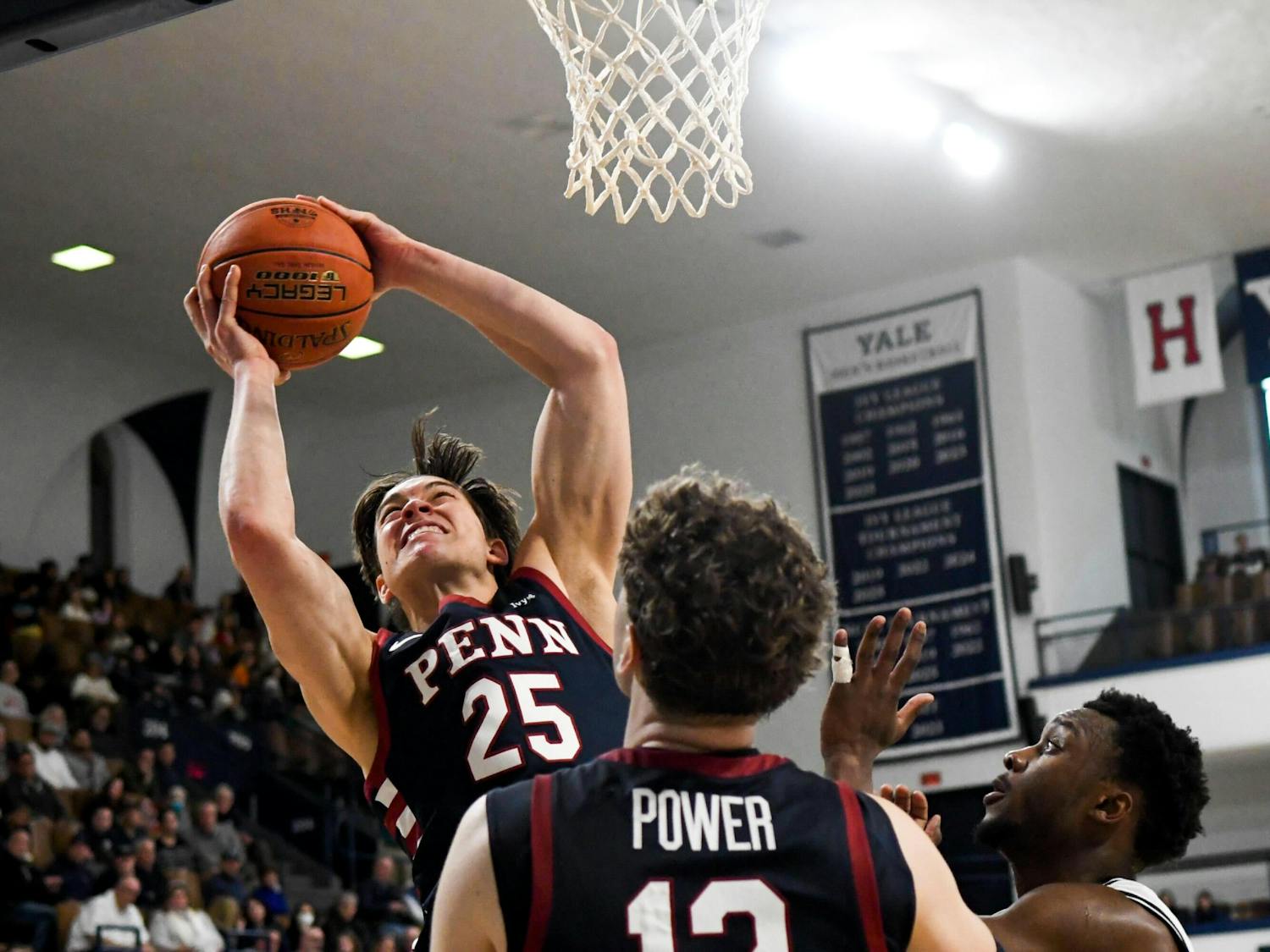The Brown football team's quest for a second consecutive Ivy League championship came to a screeching halt before it could even get underway. Stemming from recruiting violations that Brown first made public on April 27, the Council of Ivy Group Presidents released a decision on August 1 that rendered the Bears ineligible to compete for the Ancient Eight crown this fall. In addition, the football team, which shared the 1999 title with Yale, will lose 10 recruits over the next two seasons. The penalty levied against Brown is not only stiff; it is unprecedented. No other team has ever been barred from competing for the Ivy title in the league's 44-year official history. "I'm embarrassed. I'm hurt. I feel awful for our football team," Brown coach Phil Estes told the Providence Journal. The punishment stems from a set of admitted acts of wrongdoing in which representatives of Brown improperly offered financial aid from non-university sources to athletes and prospective recruits. Some of the allegations involve the executive director of the Brown Sports Foundation, David Zucconi. Besides the sanctions imposed on the Brown football team, the presidents also prohibited Zucconi indefinitely from direct or indirect contact with prospective Brown student-athletes or from providing services or benefits to any member of any Brown athletic team. The final sanction imposed by the Ivy Group leaders is a 25-percent reduction in the number of paid recruiting visits for the women's volleyball, men's soccer and men's basketball teams. The Bears have won Ivy League championships in both volleyball and soccer as recently as 1998. Since its inception, the Ivy League has prided itself on the fact that it does not offer athletic scholarships, and Brown's actions were clearly seen as an affront to this most sacred of Ivy cows. "The league's prohibition against special financial aid for athletes is perhaps the most fundamental of all league rules, which is why the Council is determined to make clear that the remedies for violations of this rule will be severe," Columbia President George Rupp, chairman of the Council of Ivy Group presidents, said in a statement released on August 1. The Brown saga began last January when a recruit reported to the Ivy League office after allegedly receiving an improper financial offer. A lengthy university investigation followed this initial contact and resulted in Brown's late-April announcement of a series of self-imposed sanctions. These included less stringent limits on recruiting visits and the number of incoming recruits, as well as a one-year ban on Zucconi making contact with prospective Bears. At the time, the punishments satisfied Ivy League Executive Director Jeff Orleans and were also enough for the NCAA, which deemed Brown's rule-breaking minor in June. But Brown's mea culpa was not enough for the Ivy presidents. The Brown case was reviewed at their annual summer meeting, and their harsh judgement was passed down soon after
The Daily Pennsylvanian is an independent, student-run newspaper. Please consider making a donation to support the coverage that shapes the University. Your generosity ensures a future of strong journalism at Penn.
DonateMore Like This
Penn gymnastics wins third consecutive Ivy Classic
By
Catherine Ellis
·
4 hours ago
Penn comes up short in season opener at Texas A&M
By
Soo Young Yoon
·
5 hours ago








